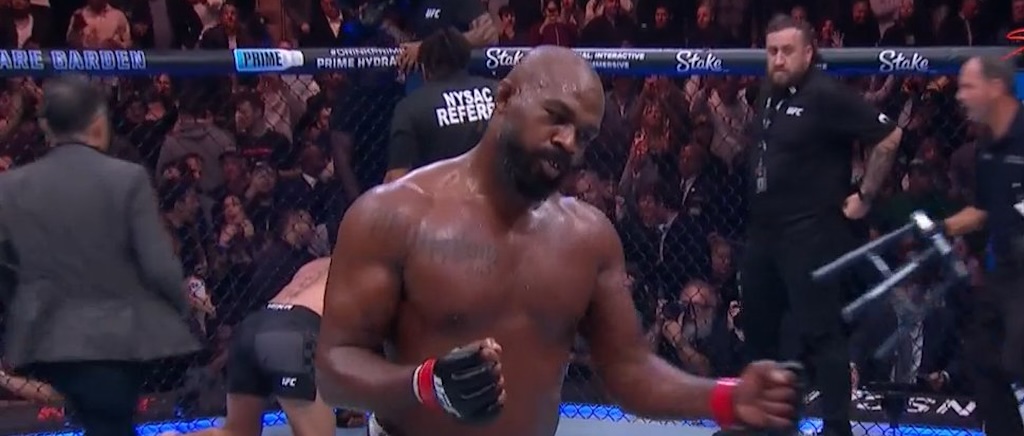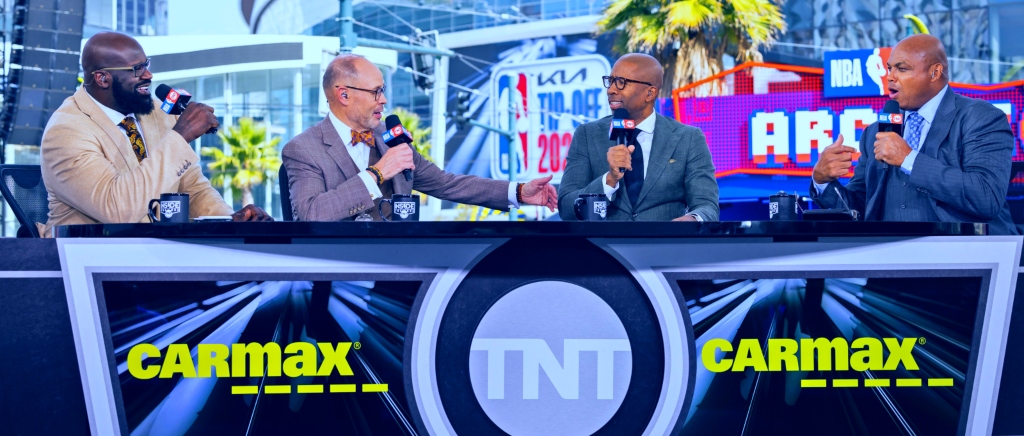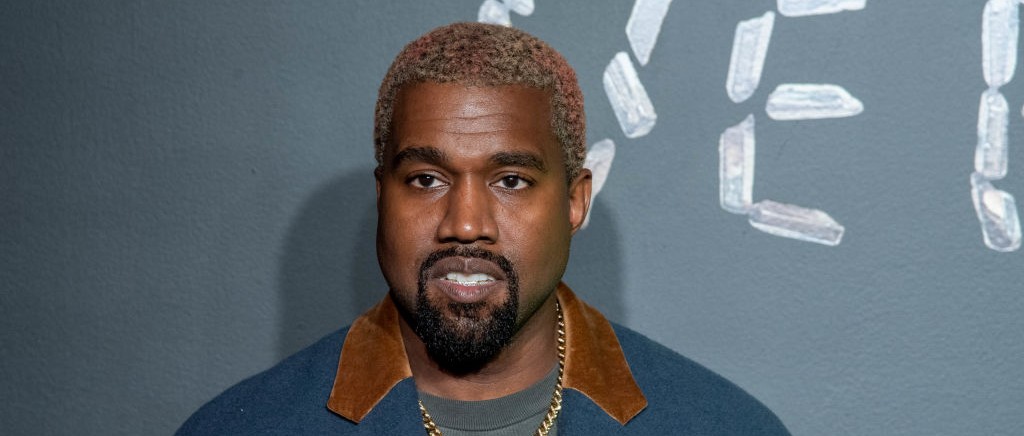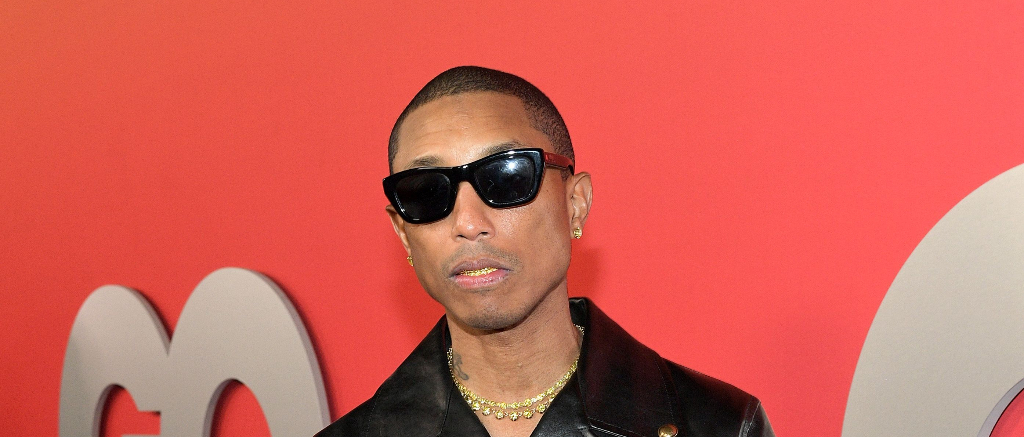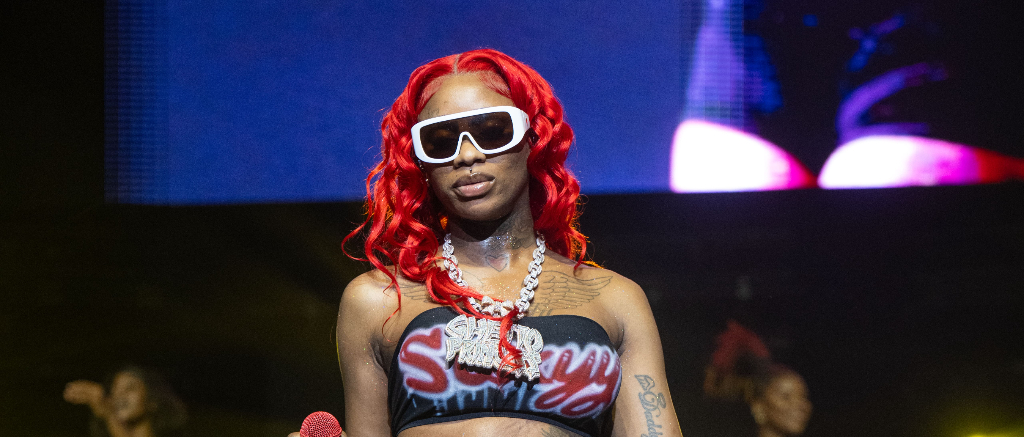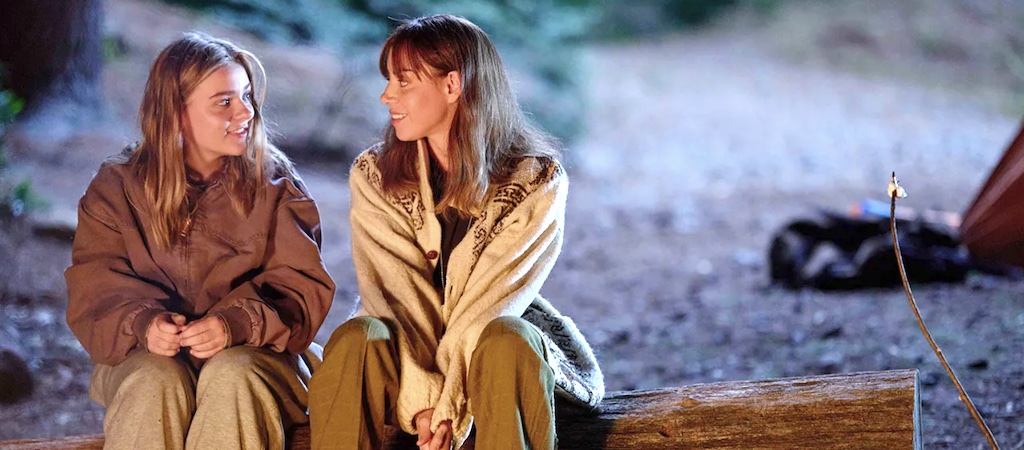
Every single week, our TV and film experts will list the most important ten streaming selections for you to pop into your queues. We’re not strictly operating upon reviews or accrued streaming clicks (although yes, we’ve scoured the streaming site charts) but, instead, upon those selections that are really worth noticing amid the churning sea of content. There’s a lot out there, after all, and your time is valuable.
10. The Day Of The Jackal – Peacock series
These days, you can’t even log onto a streaming service without seeing a new spy series prominently showcased, and there’s a damn good reason for this phenomenon: the bingewatching appetite is there. Several new additions are likely demanding your attention as we speak, and those include a series remake of the same-named 1970s film directed by Fred Zinnemann. Recent Broadway Cabaret Emcee Eddie Redmayne takes on the lone-assassin role of the Jackal, whose unparalleled run of lucrative hits meets more than its match when Latasha Lynch’s British intelligence officer is hot on his trail.
9. Lioness – Paramount+ series
The only reason that this show fell down on this list is that Taylor Sheridan’s Yellowstone has returned with Landman incoming, too. Otherwise, this title that is like no other Taylor Sheridan series is proving that he’s no mere cowboy, and Zoe Saldana must be relishing her move. She reprises her role as Joe here, who’s still attempting to adequately juggle her personal and professional lives — a major IRL issue as countless women can attest — within a CIA program that is inspired by upon the real-life Marine Corps all-women Lioness program. Newcomer Genesis Rodriguez has helped this show take higher flight, too.
8. Don’t Move – Netflix movie
Talk about a horror show. This film likely would have been streamed into oblivion regardless of how it landed around Halloween, and it’s no mere coincidence that the two films arrive with similar titles and Sam Raimi attached as producer. Within a tightly-packaged flick, Kelsey Asbille portrays a woman who finds herself with 20 minutes on the clock after a serial killer (Finn Whitlock) injects her with a paralytic drug. For sure, this is a high-concept take on the “the man or the bear in a forest” question that began on the internet but has spread elsewhere due to, well, current events. You might feel like going back to watch (or rewatch) Fede Álvarez’s Don’t Breathe after this Netflix movie concludes, so be prepared for that contagion to hit.
7. Arcane: League Of Legends – Netflix series
Are you ready to get your steampunk on? Gamers and cosplayers have been holding watch parties while you’ve been busy watching spy shows, and there’s no time like the present to branch out because there’s so many worlds out there for every TV viewer. This also happens to be Ella Purnell’s second successful video-game TV series and co-stars Hailee Steinfeld while sisters find themselves fighting as rivals in a tech-fueled war between the Piltover and Zaun twin cities. Show-stopping animation (even if you aren’t usually into animation) and a thrilling story will get you hooked.
6. Silo – Apple TV+ series
Nobody else could have portrayed Hugh Howey’s mechanical genius, Juliette, like Rebecca Ferguson. Her charisma (even while playing a character who is probably autistic and doesn’t want the attention) shines through during the most physically grueling moments of this role, and since Justified showrunner Graham Yost is adapting this series without a hitch, it’s alright to start drawing Raylan Givens comparisons when Juliette becomes sheriff. That’s only a small part of this series, however, and the second season begins leveling up (or down, rather) after Juliette was pushed out to “clean” and then decided, hey, the heck with your “order.” Steve Zahn has joined the cast as a fan-favorite character, and I wouldn’t be mad if this show goes off book, and he sets fire to Common’s Infuriating Leather Jacket.
5. Territory – Netflix series
You might have heard the debate on whether this is “the next Yellowstone.” Well, the Australian series takes place on within The Outback and involves fellow cattle barons and wealthy villains attempting to seize a family ranch, but that might be where the similarities end (at least for now). Surely, a second-season renewal is forthcoming for this Neo-Western show that instantly sped up the streaming charts and managed to beat Kurt Sutter’s (or what used to be Kurt Sutter’s) The Abandons to the small screen. FYI, Netflix also has American Primeval coming next year for Western fans, too.
4 My Old Ass – Prime Video/Amazon movie
The Enduringly Awkward Aubrey Plaza has been having an extended moment (with The White Lotus, Emily The Criminal, and Agatha All Along among other projects) that has long been coming. In this film, she portrays a 39-year-old version of the wisecracking 18-year-old protagonist, Elliott (Maisy Stella), who could use a few warnings about life. Fortunately, Elliot manages to overcome the strangeness of being lectured by Elliot, who appears during a mushroom-fueled trip, and this leads to a defining comedy that might make you wish that you had access to those same mushrooms when you were eighteen, too.
3. Dune: Prophecy – HBO series streaming on Max
Are you looking to watch Paul Atreides rode a sandworm? Get outta here with that. In all seriousness, this series takes place about 10,000 years before Denis Villeneuve’s blockbuster movies take flight and before Duncan Idaho was far too handsome to be striding around on Arrakis. This recently launched series will detail how the Bene Gesserit sisterhood will show the audience a new side of Frank Herbert’s epic brainchild. Dune: Prophecy follows the Sisterhood of Dune book penned by Brian Herbert (son of Frank) and Kevin J. Anderson, who detailed how a war has destroyed technology as this civilization has known it, and with that, the worldbuilding can begin anew.
2. The Diplomat – Netflix series
The episode count controversy will likely last until the third season arrives, but this season somehow managed to throw down a cliffhanger that topped the last one. Keri Russell is having an absolute ball in her role as frazzled title character Kate Wyler, and Rufus Sewell cannot possibly have enjoyed himself more elsewhere than as Hal, agent of marital and professional chaos. As a whole, this series is leaning harder into wry comedy with the second season, and these six episodes do fly by far too fast. The supporting cast — including David Gyasi, Ali Ahn, Ato Essandoh, Allison Janney, and Rory Kinnear — all bring their A-game and help make this series a genuine pleasure to behold.
1. Yellowstone – Paramount series streaming on Hulu Live
Kevin Costner wasn’t sure why these final episodes were advertised with John Dutton’s face, either, but hey, that tactic appears to have worked out for Taylor Sheridan and Paramount Network. Neither party has confirmed whether this series is truly headed into the sunset and fully passing the baton to The Madison, but that rodeo will get there when it does. And the same goes for when these new episodes will land on Peacock.

